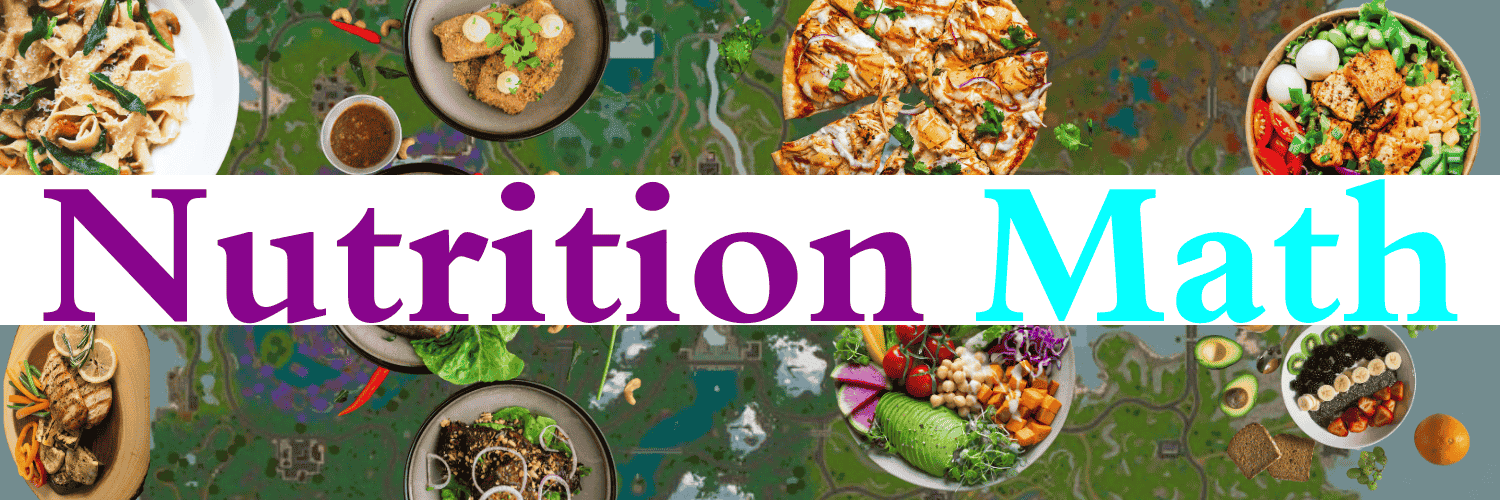Introduction
Antioxidants are often hailed as superheroes in the fight against aging and disease, but how much of this is science, and how much is hype? Let’s break down the role of antioxidants in combating oxidative stress and their real impact on chronic diseases. Read more.
What Is Oxidative Stress?
Oxidative stress occurs when there’s an imbalance between free radicals—unstable molecules with unpaired electrons—and the body’s ability to neutralize them. Free radicals, like reactive oxygen species (ROS), arise from normal metabolism, especially in mitochondria during energy production. They’re not all bad; in small amounts, they aid cell signaling and immune defense. But when levels surge—think pollution, smoking, or inflammation—they wreak havoc on DNA, proteins, and lipids, paving the way for diseases like cancer, heart disease, and Alzheimer’s. Learn more.
The Antioxidant Defense
Antioxidants step in to stabilize free radicals by donating electrons, halting the destructive chain reaction. Your body produces some, like glutathione and superoxide dismutase (SOD), while others—vitamins C and E, polyphenols, carotenoids—come from your diet. The theory? More antioxidants mean less damage and lower disease risk. But does the evidence hold up? Explore further.
Science Says: Fact and Fiction
Oxidative stress is a proven player in chronic diseases. Lab studies show that boosting oxidative stress accelerates conditions like atherosclerosis, while enhancing antioxidants can slow them. Human data agrees: diets rich in antioxidant-packed foods (e.g., the Mediterranean diet) consistently lower heart disease and cancer rates. A 2013 meta-analysis in Annals of Internal Medicine linked higher fruit and veggie intake to a 16% drop in cardiovascular mortality. Discover more.
But supplements? That’s where fiction creeps in. Trials like the 1996 Physicians’ Health Study on beta-carotene and the SELECT trial on vitamin E found no benefits for disease prevention—and sometimes harm, like increased lung cancer risk in smokers taking beta-carotene. Why? Isolated antioxidants may lack the synergy of whole foods, and megadoses might disrupt the body’s natural balance, even turning pro-oxidant.
Key Insight:
- Antioxidants work best in food, not pills.
- Oxidative stress matters, but it’s not the whole story.
Popular Antioxidants: Benefits and Negatives
Let’s explore some well-known antioxidants, their perks, and potential pitfalls. Find out more.
| Antioxidant | Sources | Benefits | Negatives |
|---|---|---|---|
| Vitamin C | Citrus fruits, bell peppers, strawberries | Boosts immunity, protects skin, reduces inflammation | High doses (over 2,000 mg/day) can cause diarrhea, kidney stones |
| Vitamin E | Nuts, seeds, spinach | Protects cell membranes, may lower heart disease risk | Excess supplements linked to increased bleeding risk |
| Resveratrol | Red wine, grapes, berries | Anti-aging potential, heart health benefits | Limited human evidence; high doses may cause nausea |
| Curcumin | Turmeric | Anti-inflammatory, may aid brain health | Poor bioavailability; supplements may upset stomach |
Context Is Everything
In extreme oxidative stress—like post-heart attack or in arthritis—targeted antioxidants (e.g., N-acetylcysteine) show promise. But for healthy folks, a 2021 Antioxidants review found supplements don’t consistently improve outcomes in well-nourished people. Food-based antioxidants, though, shine across the board. Read more.
Key Takeaways:
- Diet Over Supplements: Blueberries beat vitamin C pills.
- Balance Matters: Too many antioxidants can backfire.
- Real Impact: Oxidative stress is one piece of the disease puzzle.
Conclusion
Antioxidants do fight oxidative stress—that’s a fact rooted in science. They play a role in preventing chronic diseases, especially through diet, where evidence is robust. But the fiction lies in the hype: they’re not a cure-all, and supplements often fall short. For 2025, skip the pill bottle and load up on vibrant, antioxidant-rich foods—your body will thank you.
Want to dig deeper? Check out studies on PubMed or share your thoughts below!




